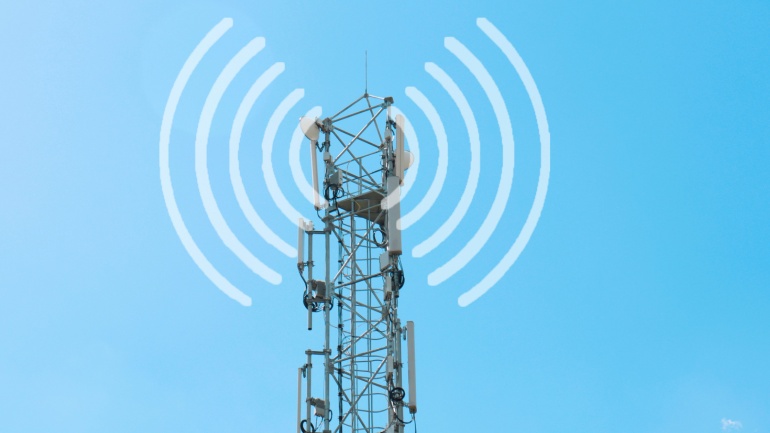Three UK has achieved a significant milestone in network sustainability through its collaboration with Ericsson, employing advanced AI-powered hardware and software. Over the past 18 months, the partnership has focused on modernizing Three UK’s network, significantly enhancing energy efficiency with cutting-edge technologies.
Intermedia Cloud Communications, a prominent provider of AI-powered cloud communications and collaboration solutions, has unveiled its latest innovation aimed at enhancing business communication strategies. Today, the company introduced Intermedia Archiving for its omni-channel cloud Contact Center solution, marking a significant expansion of its service capabilities.
Evolve IP, a prominent provider of hybrid workforce solutions, has received the esteemed Stevie® Award for Best Technical Support Strategy and Implementation at the 20th American Business Awards®. The Stevie Awards, established in 2002, are highly regarded within the business sector for recognizing outstanding achievements across various domains.
BT, a leading UK telecommunications company, has issued a detailed 40-page report in response to the proposed merger between Vodafone and Three. The report argues that the merger would create a dominant entity in the UK mobile market, possessing 61% of the network capacity, a level of control unprecedented in both the UK and Western Europe.
Manchester city centre and its surrounding areas are set to experience improved mobile connectivity thanks to a new partnership between Freshwave and Manchester City Council. This collaboration will see Freshwave deploying over 20 outdoor small cells on behalf of Virgin Media O2 in high-traffic locations, such as the Arndale Shopping Centre, Manchester Piccadilly Station, and Piccadilly Gardens.
T-Mobile has secured a significant $2.67 billion defense contract, positioning itself as the primary wireless solutions provider for the U.S. Navy over the next decade. This contract, known as Spiral 4, succeeds the earlier Spiral 3 agreement, which expired in May. The new arrangement allows all U.S. Department of Defense agencies to access T-Mobile’s wireless services and equipment until 2034.
Ericsson and Telefónica Germany have announced the extension of their core network partnership. This collaboration, involving Ericsson’s dual-mode 5G Core and cloud infrastructure solutions, currently supports mobile connectivity for 45 million O2 Telefónica subscribers. It spans multiple network generations including 5G Standalone (SA), 5G non-Standalone (NSA), 4G, and 2G.
Nokia has announced a groundbreaking achievement in telecommunications, making the first cellular call using the 3GPP Immersive Voice and Audio Services (IVAS) codec. This innovation is hailed as the most significant advancement in live voice calling since the era of monophonic telephony.
Granite Telecommunications, a prominent $1.85 billion provider of communications and technology solutions for businesses and government entities, has unveiled its latest innovation: the Granite Multi-Carrier SIM. This advanced mobile technology promises seamless and reliable global connectivity.
Greenerwave, a French deep-tech company specializing in electromagnetic wave control, along with its partners in the 6G Non-Terrestrial Networks (6G-NTN) project, has released a white paper titled “Vision on Non-Terrestrial Networks in 6G Systems (or IMT-2030).” This document outlines the future of connectivity within the 6G ecosystem, highlighting the anticipated development of a new generation of wireless communication technologies expected to begin deployment around 2030.













